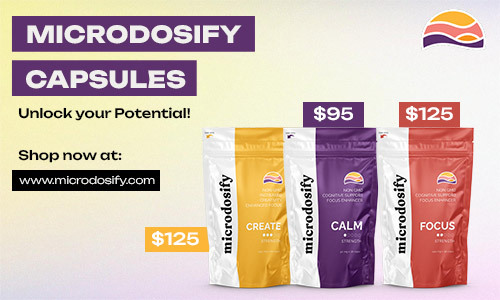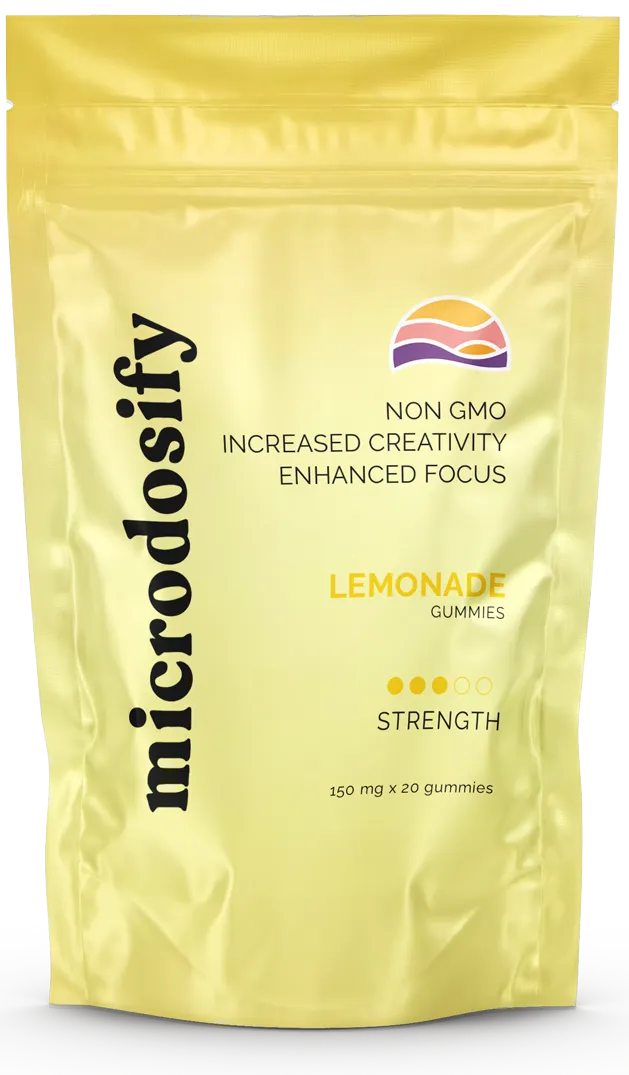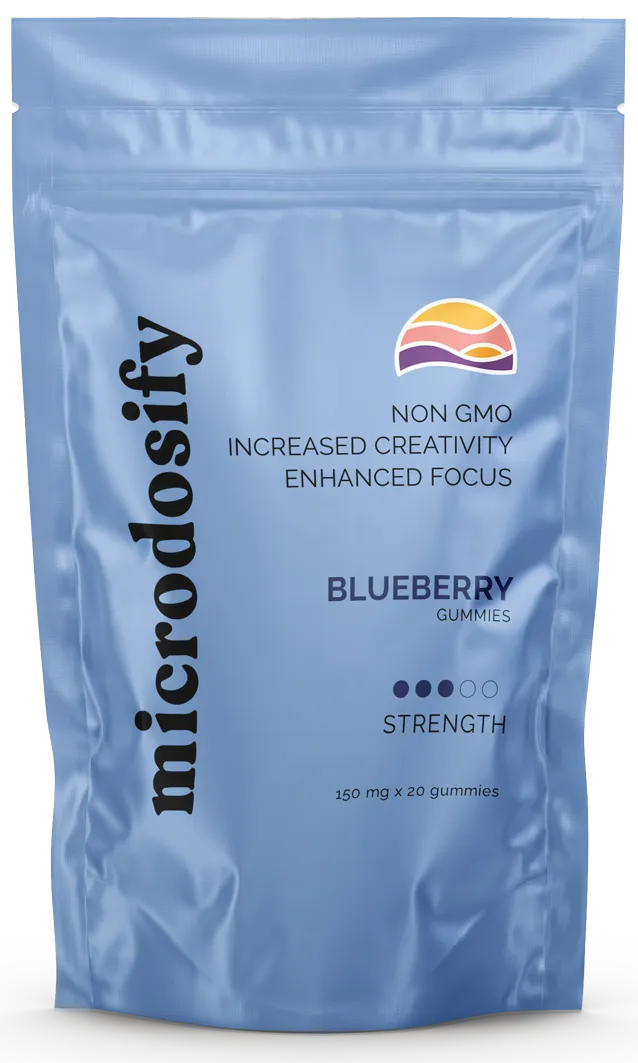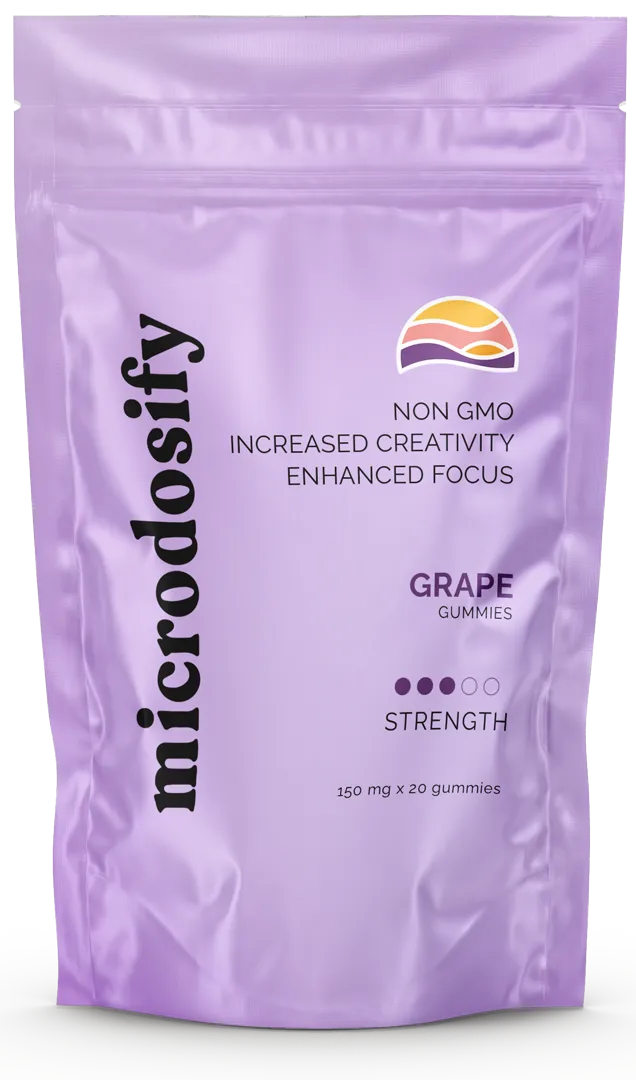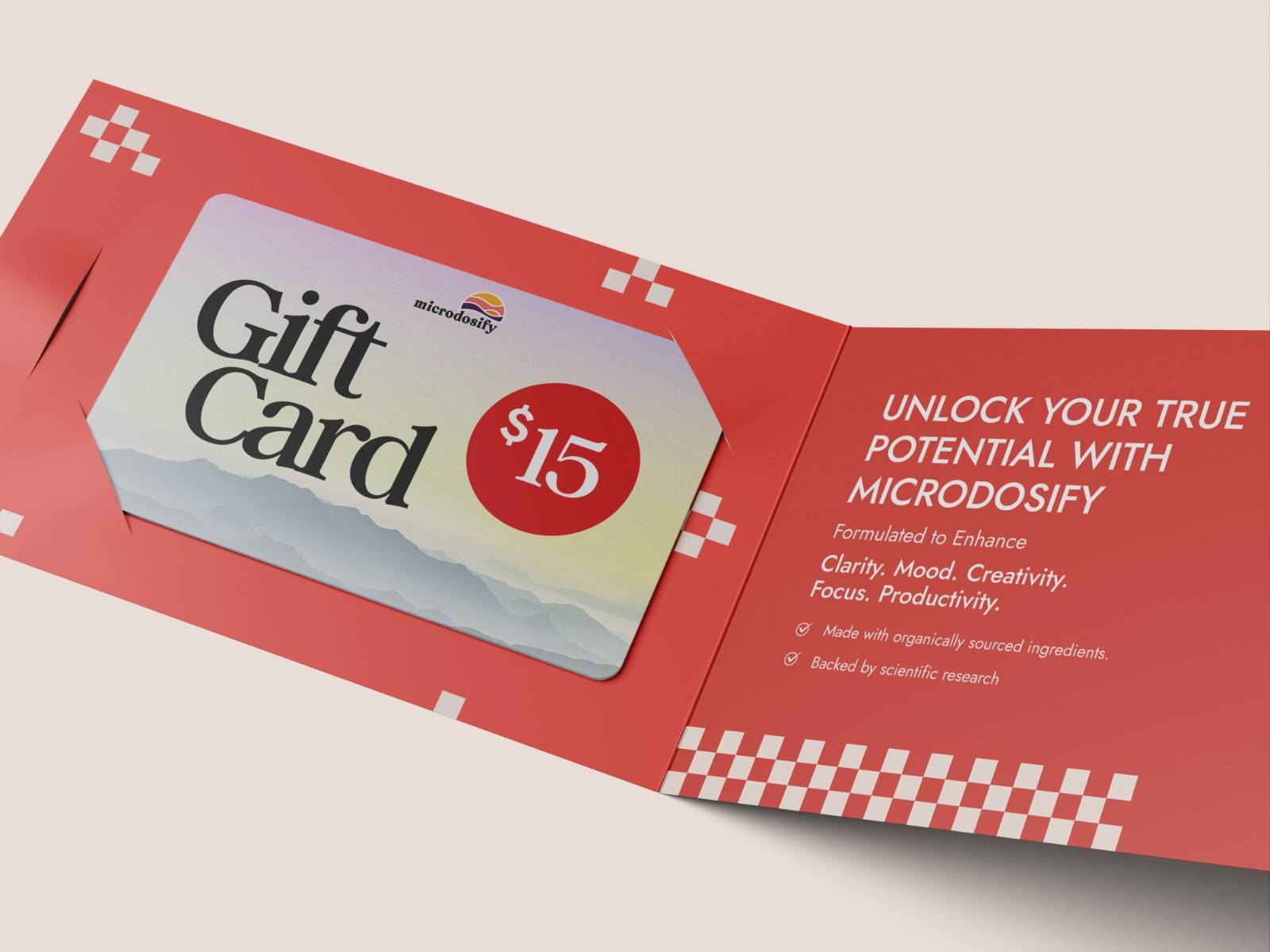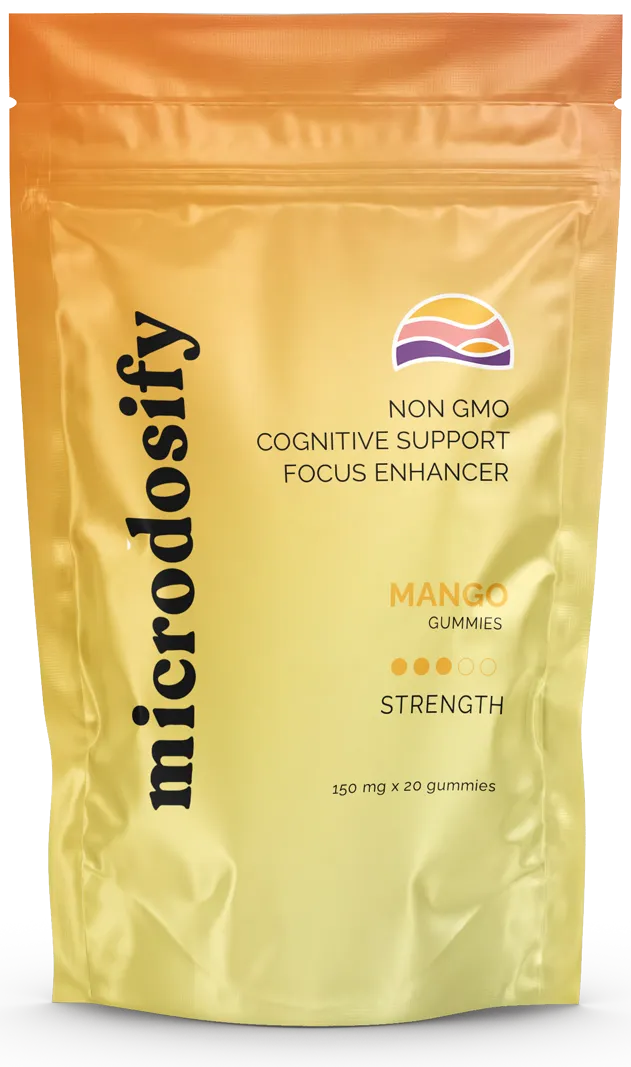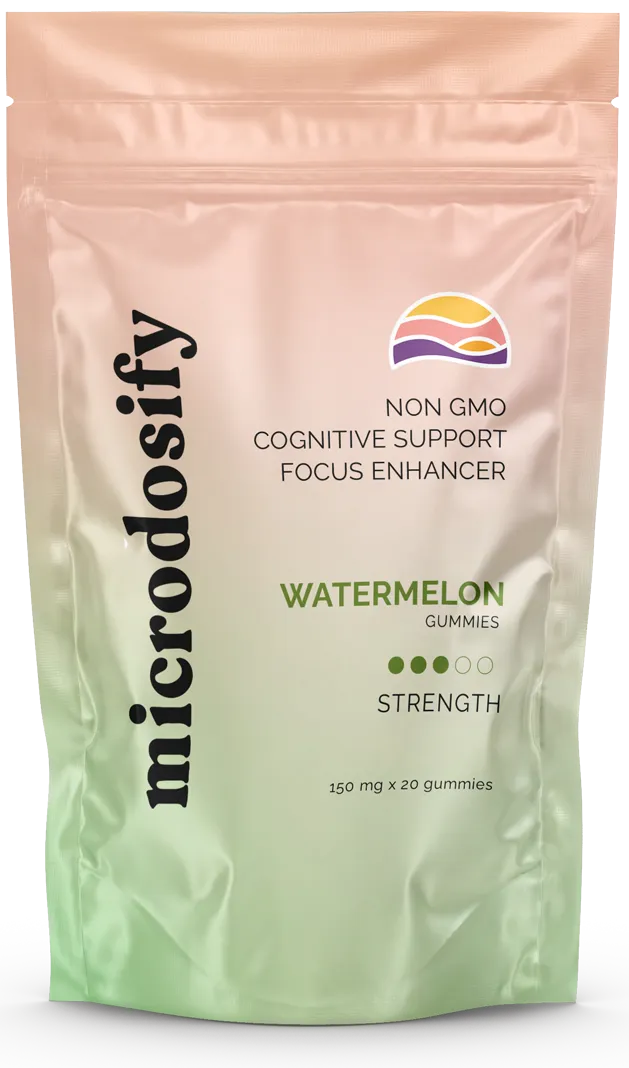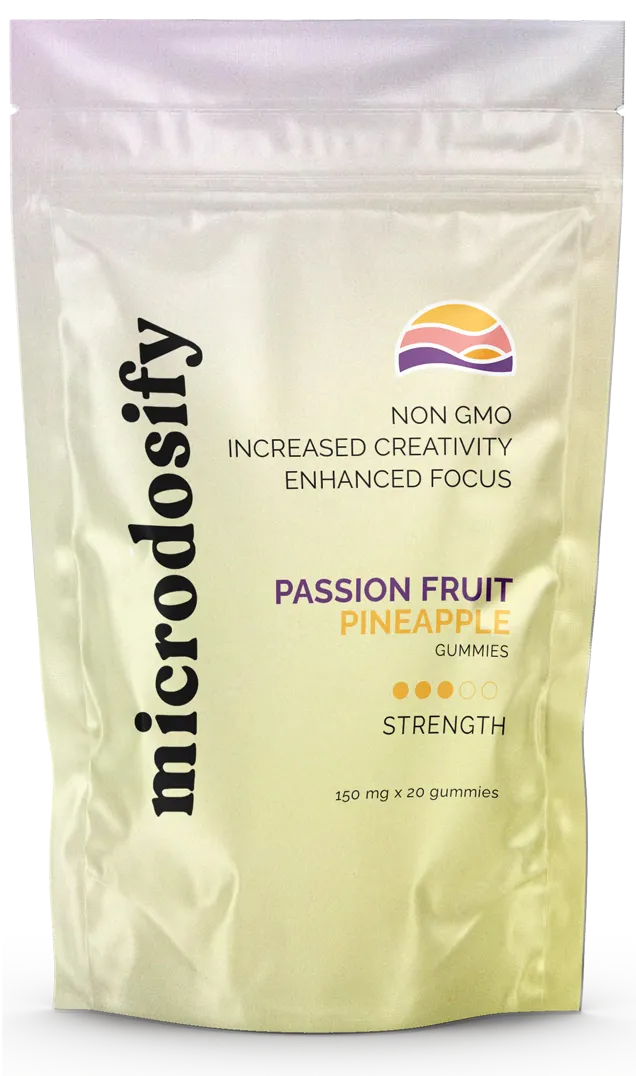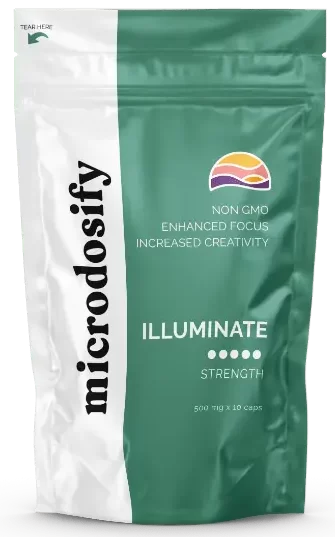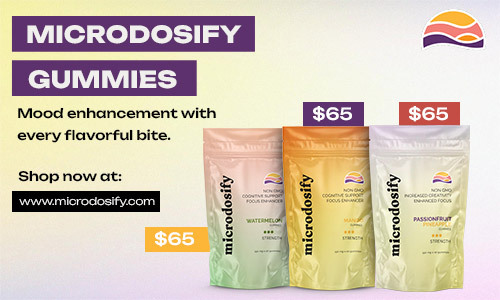How to Microdose?
Discover the different methods and recommended dosages, as well as the common substances used for microdosing.
Learn how to prepare for your microdosing journey, including precautions and best practices to follow.
Find out how to track the effects of microdosing and where to find a supportive community for your journey.
Key Takeaways:
- Microdosing involves taking small amounts of substances for various benefits.
- Safety is vital when microdosing, as well as using appropriate dosages and being aware of potential risks.
- Preparation and tracking are essential for microdosing, and joining a community can provide valuable support and information.
What is Microdosing?
.jpg_00.jpeg) Microdosing involves taking a very small, sub-perceptual amount of a substance, such as psilocybin or LSD, with the aim of achieving effects without experiencing the full psychoactive effects of the substance.
Individuals often ask how much a microdose is, and the answer can vary based on the substance and individual tolerance.
Microdosing involves taking a very small, sub-perceptual amount of a substance, such as psilocybin or LSD, with the aim of achieving effects without experiencing the full psychoactive effects of the substance.
Individuals often ask how much a microdose is, and the answer can vary based on the substance and individual tolerance.
What Are the Benefits of Microdosing?
The benefits of microdosing include enhanced creativity, increased focus, and improved emotional balance, all achieved with a minimal microdose amount that avoids the intense effects of a full dose. Microdosing has also been linked to potential mental health improvements, such as reduced symptoms of anxiety and depression. Many individuals report experiencing a greater sense of overall well-being and mindfulness when following a microdosing protocol. Cognitive enhancements, such as improved problem-solving skills and enhanced productivity, are commonly associated with microdosing. It is essential to underline the significance of finding the right microdose amount for each individual, as the effects can vary based on unique physiology and tolerance levels.How to Microdose Safely?
Microdosing safely requires understanding how much a microdose is for your body and using reliable products such as microdose capsules to maintain consistency and safety in dosages.What Are the Different Methods of Microdosing?
.jpg_01.jpeg) Several methods of microdosing exist, including using microdose capsules, tinctures, and gummies, as well as simply measuring small amounts of the substance manually.
Microdose capsules and gummies provide a practical and precise way to consume in a controlled form.
These capsules and gummies are pre-measured, eliminating the need for complex measurements or calculations. This method offers convenience and accuracy, ensuring consistent dosing without the hassle.
On the other hand, tinctures involve using liquid extracts of the substance, which can be less precise and may require careful monitoring to maintain desired effects.
Measuring manually, although straightforward, may lead to inconsistencies in dosing, impacting the overall experience.
Several methods of microdosing exist, including using microdose capsules, tinctures, and gummies, as well as simply measuring small amounts of the substance manually.
Microdose capsules and gummies provide a practical and precise way to consume in a controlled form.
These capsules and gummies are pre-measured, eliminating the need for complex measurements or calculations. This method offers convenience and accuracy, ensuring consistent dosing without the hassle.
On the other hand, tinctures involve using liquid extracts of the substance, which can be less precise and may require careful monitoring to maintain desired effects.
Measuring manually, although straightforward, may lead to inconsistencies in dosing, impacting the overall experience.
What Are the Recommended Dosages for Microdosing?
The recommended dosages for microdosing vary depending on the substance, but generally, a microdose is about one-tenth to one-twentieth of a recreational dose. This is crucial for those wondering how much a microdose is. For example, in the case of LSD, a standard recreational dose might range from 100 to 200 micrograms, whereas a microdose would typically be around 10 to 20 micrograms. Similarly, with psilocybin mushrooms, a regular dose could be 2 to 3 grams, while a microdose would only be around 0.1 to 0.3 grams. It’s essential to emphasize the importance of starting with lower dosages and gradually adjusting based on individual sensitivity and response. The goal of microdosing is to experience subtle effects without noticeable side effects, so it’s crucial to find the right balance for each person.What Are the Common Substances Used for Microdosing?
Common substances used for microdosing include psilocybin, LSD, and other psychedelics, with microdosing psilocybin being one of the most researched and popular choices. Microdosing with psilocybin has gained significant attention for its reported benefits, such as increased creativity, focus, emotional well-being, and overall cognitive enhancement. Many users claim that microdosing psilocybin helps reduce anxiety and depression symptoms, enhancing mood and boosting productivity.How to Prepare for Microdosing?
.jpg_10.jpeg) Preparing for microdosing involves a combination of psychological readiness, understanding the substance you are using, and ensuring you have a consistent and reliable source for your microdose capsules.
Preparing for microdosing involves a combination of psychological readiness, understanding the substance you are using, and ensuring you have a consistent and reliable source for your microdose capsules.
What Are the Precautions to Take Before Microdosing?
Before starting microdosing, it’s essential to take several precautions, such as consulting with a professional, understanding the legal implications, and being aware of potential interactions with other medications. Consulting with a professional is crucial to ensure that microdosing is safe and appropriate for your individual health and well-being. Being aware of how microdosing may interact with other medications you are taking can help prevent any adverse effects or complications.What Are the Best Practices for Microdosing?
Best practices for microdosing include keeping a detailed journal of your experiences, starting with the lowest effective dose, and maintaining a regular schedule to monitor any changes in your mental and physical well-being. Journaling your microdosing journey is crucial as it allows you to track patterns, effects, and any unexpected outcomes that may arise. By documenting your experiences, you can identify trends and make informed decisions about adjusting your dosage or frequency. It’s essential to be mindful of dose management, ensuring that you are consistent and precise with your intake to avoid unintentional fluctuations in effects. Setting realistic expectations is key; microdosing is not a quick-fix solution, so patience and persistence are necessary to see gradual improvements over time. If you are not sure where to start, don’t hesitate to join our free webinars, where we discuss everything related to microdosing.How to Track the Effects of Microdosing?
.jpg_11.jpeg) Tracking the effects of microdosing involves keeping a detailed record of your doses, monitoring your mental and emotional states, and noting any changes in behavior or cognition that occur over time.
Tracking the effects of microdosing involves keeping a detailed record of your doses, monitoring your mental and emotional states, and noting any changes in behavior or cognition that occur over time.
What Are the Factors to Consider When Tracking the Effects?
When tracking the effects of microdosing, it’s essential to consider factors such as dosage consistency, individual variations in response, and external influences like diet, sleep, and stress levels. One of the fundamental aspects influencing the impact of microdosing is dosage consistency. Fluctuations in dosage can lead to varying effects on different days, making it challenging to track results accurately. Additionally, individual variations in response play a crucial role. Each person’s biochemistry is unique, affecting how they react to the substances being microdosed. Moreover, external influences such as diet, sleep, and stress levels can significantly alter the outcomes of microdosing. For instance, an unhealthy diet or chronic stress may mask the positive effects of microdosing. Hence, it’s essential to maintain a balanced lifestyle while tracking the impacts of microdosing.What Are the Tools Available for Tracking Microdosing?
Several tools are available for tracking microdosing, including mobile apps designed for microdosing, digital journals, and spreadsheets that allow you to log and analyze your experiences effectively. Mobile apps for microdosing offer convenient features like reminder notifications for dosing schedules and mood tracking. They often come with insightful analytics to visualize your progress over time. On the other hand, digital journals provide a more personal and detailed way of recording your microdosing journey, allowing you to jot down thoughts and reflections. Spreadsheets offer a customizable approach for organizing dosage information and tracking any patterns or correlations in your results.How to Find a Microdosing Community?
Finding a microdosing community can significantly improve your experience and knowledge by providing support, shared experiences, and reliable information. One of the best communities to join is Microdosify, which offers a wealth of resources and a supportive network.What Are the Benefits of Joining a Microdosing Community?
Joining a microdosing community, such as Microdosify, offers numerous benefits, including access to expert advice, shared personal experiences, and a supportive environment for discussing microdosing practices. These communities provide a platform where individuals can connect with like-minded individuals who are also exploring the world of microdosing. By joining such a community, one gains access to a wealth of knowledge and insights that can help one navigate the world of microdosing. Being surrounded by individuals who understand the nuances of microdosing can offer a sense of c belonging, creating a space where people feel understood and supported in their journey. This collective support system plays a vital role in fostering a positive and uplifting environment that encourages growth and exploration.What Are the Top Microdosing Communities Available?
Some top microdosing communities available include Microdosify, known for its comprehensive resources and active member participation. Another prominent microdosing community to consider is Microdosing subreddit, where users share personal experiences, dosage recommendations, and success stories. This platform fosters a sense of community support and knowledge-sharing. Additionally, The Third Wave offers a structured microdosing program that includes guided sessions, educational content, and expert advice. It’s ideal for those seeking a more organized and monitored approach to microdosing. Microdosing Institute stands out for its focus on research-backed information and evidence-based practices, making it a reliable source for individuals interested in the science behind microdosing.Frequently Asked Questions
1. How to Microdose: What is Microdosing?
Microdosing is the practice of taking very small amounts of a substance, typically a psychedelic or psychoactive drug, on a regular basis. The goal is to experience subtle effects that can enhance creativity, focus, and overall well-being.2. How to Microdose: What are the Benefits of Microdosing?
Microdosing has been reported to have a variety of benefits, including increased productivity, improved mood and creativity, reduced anxiety and depression, and enhanced spiritual experiences. It can also help with conditions such as PTSD and chronic pain.3. How to Microdose: What Substances Can be Microdosed?
The most commonly microdosed substances are psychedelics, such as LSD, psilocybin (magic mushrooms), and MDMA. However, some people also microdose with other substances like cannabis, caffeine, and nootropics.4. How to Microdose: What is the Best Method for Microdosing?
The most common method for microdosing is to take a small dose every few days, typically between 1/10 to 1/20 of a standard recreational dose. This allows for the effects to be felt without causing any intense psychedelic experiences.5. How to Microdose: How Do I Measure a Microdose?
It is important to measure your microdose accurately to avoid taking too much or too little. The best way to do this is by using a scale that measures in milligrams. You can also dilute your substance in a liquid solution to ensure precise dosing.6. How to Microdose: Where Can I Find More Resources on Microdosing?
If you are looking for a community to discuss microdosing and find more information, Microdosify is a great place to start. We offer a wealth of resources, including guides, forums, and a supportive community of microdosers.
By Rachel Grey
I’m Rachel Grey, a Ph.D. psychologist specializing in psychedelic therapy with psilocybin and natural plant medicines. I obtained my doctorate from the University of Toronto, where I immersed myself in the study of these transformative therapies. With over 10 years of experience, let’s embark on transformative journeys of healing, growth, and self-discovery as we explore the power of psychedelic therapy together.
Updated on July 16, 2024

